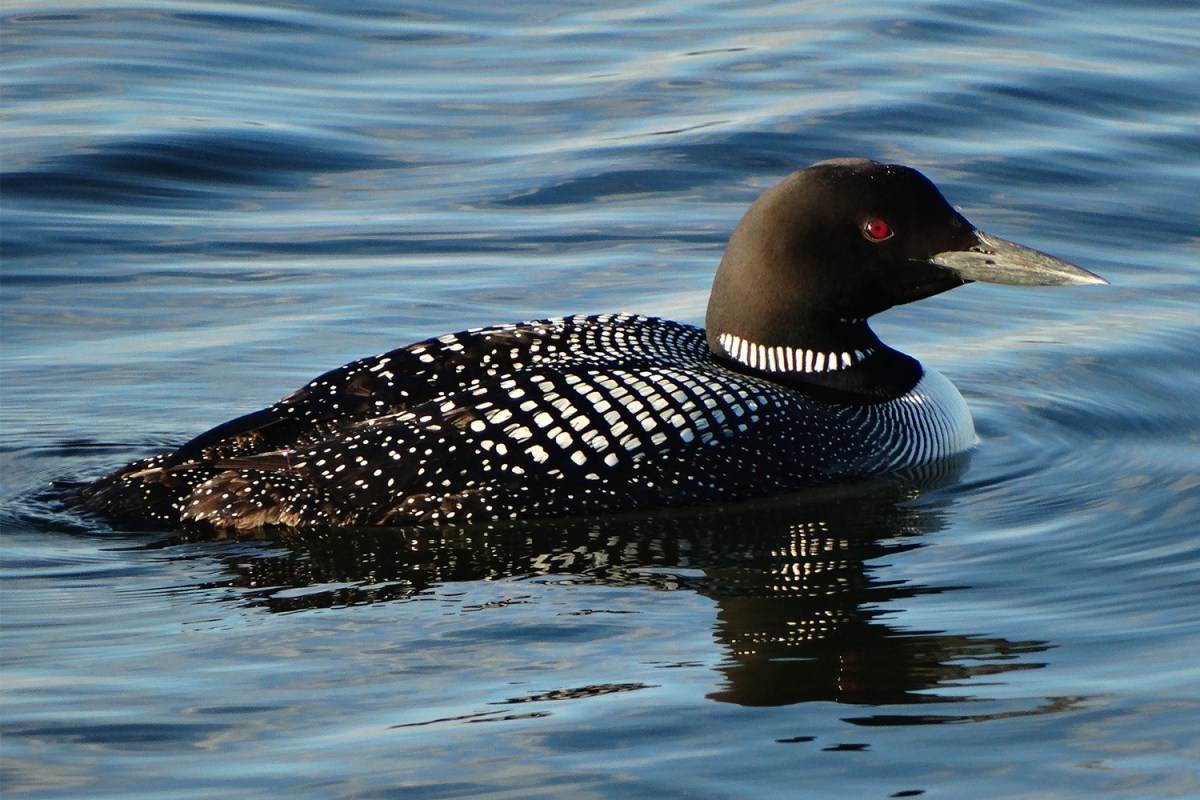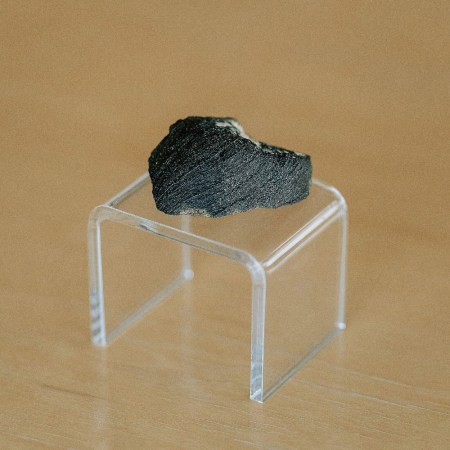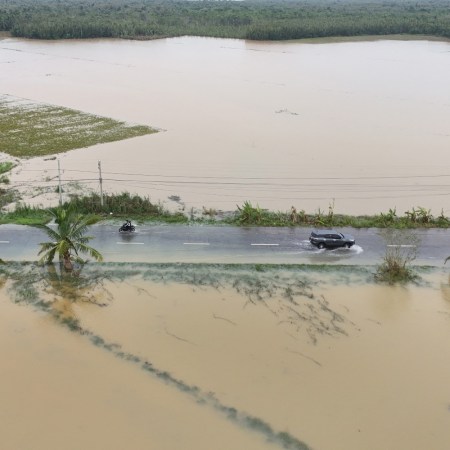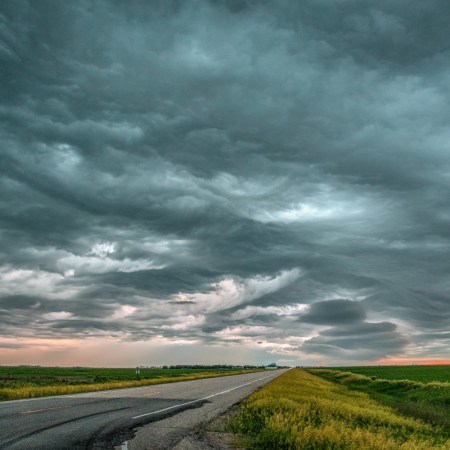One of the defining characteristics of a Minnesota summer is the call of the common loon on one of its (more than) 10,000 lakes — the black and white speckled diver is the state bird, after all. Around the country, Americans take similar pride in their own state birds, but according to a new climate report from the National Audubon Society, climate change may force these avians out of their home states.
Georgia’s brown thrasher, New Hampshire’s purple finch, California’s valley quail, New Jersey’s American goldfinch, Pennsylvania’s ruffed grouse and Minnesota’s loon are just a few of the state birds that could “largely or entirely disappear from within their borders during the summer,” writes The New York Times. They’re not talking about some far-flung future, either; this is projected to occur this century. And while the Times chose to focus on these provincial changes, the largest takeaway from Audubon’s report is much more dire: two-thirds of America’s birds are currently at risk of extinction.
“There’s hope in this report, but first, it’ll break your heart if you care about birds and what they tell us about the ecosystems we share with them,” said David Yarnold, CEO and president of Audubon, in a press release. “It’s a bird emergency.”
The hope Yarnold speaks of is that if carbon emissions are lowered and the average temperature of the planet is held to a 1.5 degrees Celsius increase above pre-industrial levels, then “76 percent of vulnerable species will be better off, and nearly 150 species would no longer be vulnerable to extinction from climate change,” according to the report. As it stands, 389 species are vulnerable and we’re already set to hit that threshold by 2040.
That said, these are estimates, and as such there is room for error — on both sides of the spectrum.
“There’s a lot we don’t know about how certain species might adapt to novel climate conditions,” Benjamin Zuckerberg, an associate professor in the Department of Forest and Wildlife Ecology at the University of Wisconsin-Madison, told the Times. He continued: “… there is a real concern that the rate of climate change is going to be beyond the ability of many species to adapt.”
Subscribe here for our free daily newsletter.
Thanks for reading InsideHook. Sign up for our daily newsletter and be in the know.


















